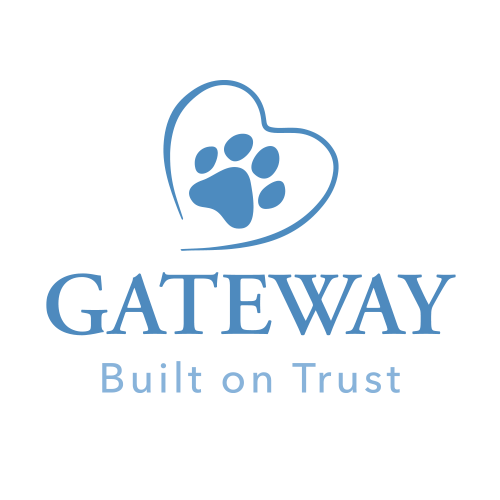Washington, D.C. (June 17, 2019) — The Human Animal Bond Research Institute (HABRI) announced today the latest installment of The Pet Effect campaign highlighting the many benefits of pets at work. The Woofice combines research supporting the benefits of pet-inclusive workplaces with practical tools for offices that want to become pet inclusive, all delivered with an entertaining, lighthearted approach. The Woofice video features a series of vignettes designed to pay homage to the beloved TV show, The Office, while delivering research-based messages about the positive impact of pets in the workplace.
“With millennial pet owners driving demand for more pet-friendly offices, The Woofice campaign is incredibly timely,” said Steven Feldman HABRI Executive Director. “It is HABRI’s genuine hope that The Woofice videos and campaign content catch on and inspire people to take steps to create pet-friendly workplaces, so that the benefits of strong and healthy human-animal bonds can not only be experienced at home but also every weekday from 9 to 5!”
Research supports a host of benefits from having pets at work. For example, research has found a link between a pet-friendly workplace and improved communication and collaboration among employees. Studies have also shown that pets can help buffer stress, encourage interaction and rapport between neighbors in communities, and improve other elements of physical and mental health, such as increased physical activity and decreased depression.
“The Woofice video is a fun way to educate employees and HR professionals on the importance of pet-inclusive workplaces for greater productivity, enhanced employee engagement, and improved relationships in the office,” Feldman added.
The Woofice campaign includes data on pet-inclusive workplaces, which found that pet-friendly companies are more likely to attract, engage and retain employees. It also highlights research showing that more than three times as many employees at pet-friendly workplaces reported a positive working relationship with their supervisors and co-workers, significantly more than those in non-pet-friendly environments.
The downloadable Woofice starter kit provides information on how employers can support pet-owning employees by instituting pet-friendly policies and pet-supportive benefits. The kit also provides helpful advice on how to effectively incorporate pets in the workplace while safeguarding the health, safety and well-being of the people and pets involved.
“HABRI is proud to contribute research and information to support The Pet Effect, an educational campaign created in partnership with Zoetis Petcare (a U.S. business unit of Zoetis) that has produced wonderfully-entertaining, educational content aimed at raising awareness of the benefits of the human-animal bond for all,” Feldman said.
About The Human Animal Bond Research Institute (HABRI)
The Human Animal Bond Research Institute (HABRI) maintains the world’s largest online library of human-animal bond research and information; funds innovative research projects to scientifically document the health benefits of companion animals; and informs the public about human-animal bond research and the beneficial role of companion animals in society. For more information about HABRI, visit www.habri.org.
Contact
Jamie Baxter
jamie@theimpetusagency.com
775.322.4022
###





